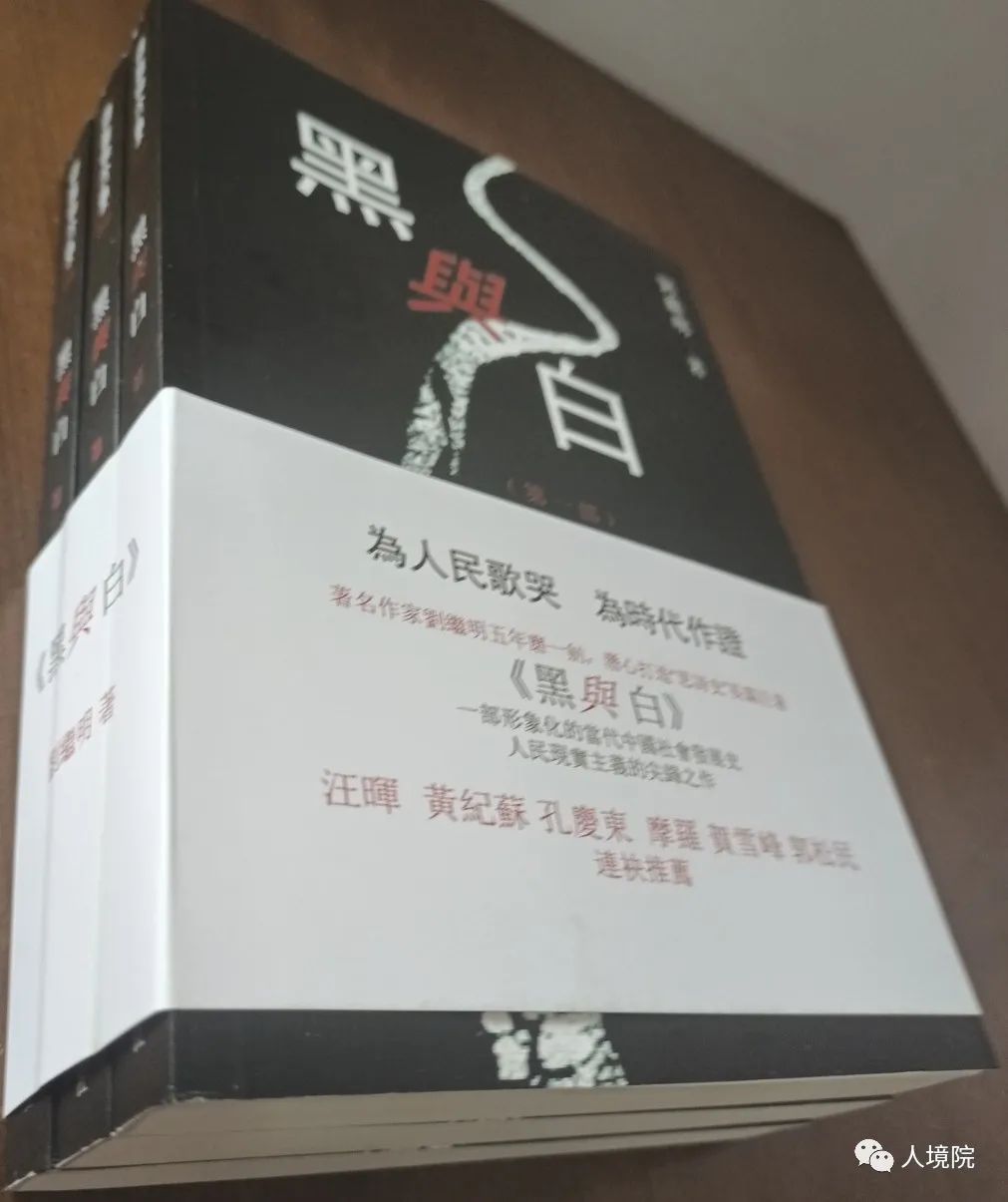中國步入動蕩期
綜合近來的情況看,中華民族又到了最危險的時刻。中國將在20年內步入動蕩期。導致中國在20年內步入動蕩期的因素如下:
1、中國改革的某些嚴重失誤。中國30多年來,改革的某些政策被西方嚴重戰略誤導。中國1978年的改革,目標是一場活化當時部分陷入僵化的計劃經濟。但隨著改革的深入,這場改革的目標卻變成了一場否定自主化民族化經濟的改革;從而,大部分領導經濟改革的官員放棄了自主化民族化立場,改而唯GDP是從,中國經濟領域的很多產業不斷被外資控制。隨著產業的被殖民化,國民財富不斷被外國資本淘走,而作為無實際價值的中國美元外匯儲備卻不斷飆升。這樣,中國就必然導致兩個結果:一是國民財富生產力越來越弱(被外資控制);二是定向通貨膨脹越來越不可控(外匯美元兌換成人民幣發行)。有這兩個毒瘤,中國大部分下層民眾想過幸福尊嚴的生活,就只能是幻想了。
2、中國人口的嚴重結構危機。30多年來的一胎化計劃生育,給中國至少帶來了如下問題:一是老年化少子化加速發展,整個社會人口結構生態與財富生產消費生態被人為嚴重破壞;二是男女性別比嚴重失衡,使未來大量男青年被判無妻徒刑,從而導致一個問題是涉黃涉黑組織化越來越多,第二個問題是這些人員由于無家可歸對社會的報復會“很黃很暴力”;三是計劃生育將對黨與政府的形象造成嚴重的負面影響,計劃生育承諾“計劃生育好,政府幫養老”,嚴重的老年化將使養老金體系破產,大部分人將“老無所養”,到時,黨與政府將失信于民。
下面,附一篇講中國面臨巨大通貨膨脹壓力的英文,讓大家感知下問題的嚴重性。
China under great inflationary pressure: NDRC
(Xinhua)
Updated: 2011-06-08 16:55
BEIJING -- China is under great pressure amid imported inflation triggered by soaring international grain prices and oil prices, a senior economic planning official said on Wednesday.
|
|
|
The country has taken a series of measures to control climbing prices since the second and third quarters of last year, Xu Xianping, vice minister of the National Development and Reform Commission (NDRC), said at a press conference.
The measures, such as raising interest rates, increasing market supplies and cutting fees, have shown some results, Xu said.
The most obvious change has been a decrease in vegetable prices, Xu said.
Countering price hikes is a top priority for the country, and measures to keep prices down will be gradually carried out over time, Xu said.
The Consumer Price Index (CPI), a major gauge of inflation, rose to 5.3 percent in April, well above the government's annual inflation control ceiling of 4 percent.
The May CPI is scheduled to be published on June 14.
Analysts: Consumer inflation to rise in May
Qiao Hong, an economist from Goldman Sachs, said the CPI
Rising food prices, particularly for pork, are the main reason for the predicted increase, she said.
Pork prices have been rising steadily since early May, as demand increased during the recent Dragon Boat Festival holiday.
Vegetable prices have also risen by nearly 20 percent, according to data from the National Bureau of Statistics.
Qiao expects food prices, which account for one-third of the CPI, to jump 12.1 percent in May from a year ago, higher than the 11.5 percent posted in April.
The China International Capital Corporation (CICC) also expects the CPI to rise to 5.5 percent, reports Shanghai Securities News. A lingering drought in south China will push up prices of aquaculture products, and non-food prices will continue to stay high, the company said in a report.
With higher inflation, analysts expect an interest rate hike to occur in June.
Economist Dong Xianan predicts that the rate hike will happen as soon as this weekend. Dong was quoted by the Shanghai Securities News as saying that the central bank is likely to hike the reserve requirement ratio (RRR) for commercial banks after macro-economic data is released next week.
The CICC said in its report that the government's monetary tightening measures will continue in the third quarter.
The CPI hit a 32-month high of 5.4 percent in March. To curb the rising rate of inflation, the central bank has hiked its benchmark interest rates four times since last October, and raised the RRR for commercial banks five times this year to a record high of 21 percent.
「 支持烏有之鄉!」
您的打賞將用于網站日常運行與維護。
幫助我們辦好網站,宣傳紅色文化!
歡迎掃描下方二維碼,訂閱烏有之鄉網刊微信公眾號






